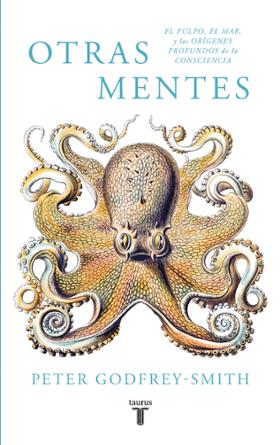Theory and reality. An introduction to the philosophy of science

Theory and reality. An introduction to the philosophy of science
TABLE OF CONTENTS
Preface
A Note for Those Teaching with the Book
1. Introduction
1.1 Setting Out
1.2 The Scope of the Theory
1.3 What Kind of Theory?
1.4 Three Answers, or Pieces of an Answer
1.5 Historical Interlude: A Sketch of the Scientific Revolution
Further Reading
2. Logic Plus Empiricism
2.1 The Empiricist Tradition
2.2 The Vienna Circle
2.3 Central Ideas of Logical Positivism
2.4 Problems and Changes
2.5 Logical Empiricism
2.6 On the Fall of Logical Empiricism
Further Reading
3. Induction and Confirmation
3.1 The Mother of All Problems
3.2 Induction, Deduction, Confirmation, and Explanatory Inference
3.3 The Ravens Problem
3.4 Goodman´s "New Riddle of Induction"
Further Reading
4. Popper: Conjecture and Refutation
4.1 Popper´s Unique Place in the Philosophy of Science
4.2 Popper´s Theory of Science
4.3 Popper on Scientific Change
4.4 Objections to Popper on Falsification
4.5 Objections to Popper on Confirmation
4.6 Further Comments on the Demarcation Problem
Further Reading
5. Kuhn and Normal Science
5.1 "The Paradigm Has Shifted"
5.2 Paradigms: A Closer Look
5.3 Normal Science
5.4 Anomaly and Crisis
5.5 Wrap-up of Normal Science
Further Reading
6. Kuhn and Revolutions
6.1 Considerable Upset
6.2 Revolutions and Their Aftermath
6.3 Incommensurability, Relativism, and Progress
6.4 The X-Rated "Chapter X"
6.5 Final Thoughts on Kuhn
Further Reading
7. Lakatos, Laudan, Feyerabend, and Frameworks
7.1 After Structure
7.2 Lakatos and Research Programs
7.3 Laudan and Research Traditions
7.4 Anything Goes
7.5 An Argument from History That Haunts Philosophy
7.6 Pluralism and the Ramblings of Madmen
7.7 Taking Stock: Frameworks and Two-Process Theories of Science
Further Reading
8. The Challenge from Sociology of Science
8.1 Beyond Philosophy?
8.2 Robert Merton and the "Old" Sociology of Science
8.3 The Rise of the Strong Program
8.4 Leviathan and Latour
Further Reading
9. Feminism and Science Studies
9.1 "Science Is Political"
9.2 The Man of Reason
9.3 The Case of Primatology
9.4 Feminist Epistemology
9.5 Science Studies, the Science Wars, and the Sokal Hoax
Further Reading
10. Naturalistic Philosophy in Theory and Practice
10.1 What Is Naturalism?
10.2 Quine, Dewey, and Others
10.3 The Theory-Ladenness of Observation
Further Reading
11. Naturalism and the Social Structure of Science
11.1 Science as a Process
11.2 Kitcher and the Division of Scientific Labor
11.3 Social Structure and Empiricism
Further Reading
12. Scientific Realism
12.1 Strange Debates
12.2 Approaching Scientific Realism
12.3 A Statement of Scientific Realism
12.4 Challenges from Traditional Empiricism
12.5 Metaphysical Constructivism
12.6 Van Fraassen´s View
12.7 Representation, Models, and Truth (Optional Section)
Further Reading
13. Explanation
13.1 Knowing Why
13.2 The Rise and Fall of the Covering Law Theory of Explanation
13.3 Causation, Unification, and More
13.4 Laws and Causes (Optional Section)
Further Reading
14. Bayesianism and Modern Theories of Evidence
14.1 New Hope
14.2 Understanding Evidence with Probability
14.3 The Subjectivist Interpretation of Probability
14.4 Assessing Bayesianism
14.5 Scientific Realism and Theories of Evidence
14.6 Procedural Naturalism (Optional Section)
Further Reading
15. Empiricism, Naturalism, and Scientific Realism?
15.1 A Muddy Paste?
15.2 The Apparent Tensions
15.3 Empiricism Reformed
15.4 A Last Challenge
15.5 The Future
Glossary
References
Index













































